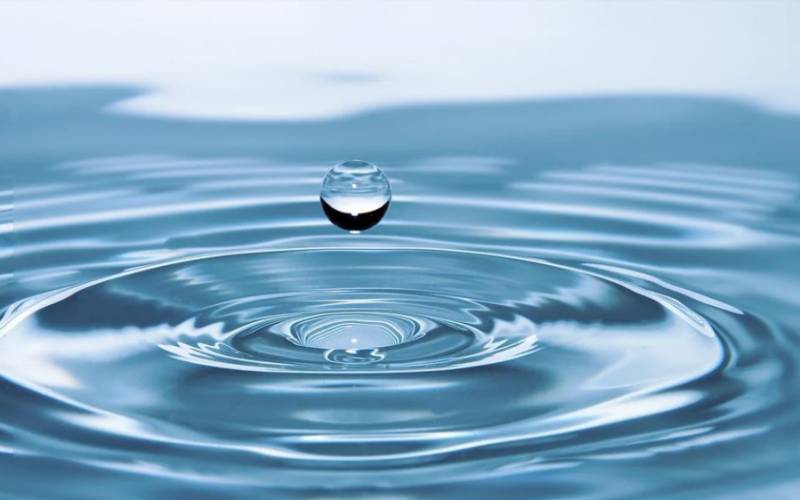article_detail
Date Published: 19/08/2022
ARCHIVED - WWF puts Murcia among the European cities at greatest risk of water shortages by 2050
Spain is currently the country with the greatest exploitation of water in all of Europe

A new study conducted by the WWF estimates that by 2050 three quarters of the population of Spain could be at high risk of running out of water if action isn’t taken now. Furthermore, the experts predict that the cities of Seville, Granada, Córdoba and Murcia will suffer the greatest risk of shortages in all of Europe.
This urgent problem effects Europe as a whole, but Spain and Greece are right at the top of the list, primarily due to their woeful management of natural resources, according to the WWF. The organisation has lambasted the Spanish government for directing 80% of the country’s water towards intensive crop irrigation and industrialisation, despite the fact that 75% of the national territory is in danger of suffering desertification.
The WWF describes this water management as "suicidal" and adds that the overexploitation of resources has once again brought the national reservoirs to historical lows.
"What should scandalise everyone is that governments, administrations, and companies continue to turn a blind eye to these recurrent risks and increasingly base their planning and economy on the increased use of water, as if these risks were going to solve themselves but that they will not do so for lack of forceful measures", explained the head of the WWF water programme, Teresa Gil.
To add insult to injury, a recent investigation revealed that more than 88,000 hectares of land, an area roughly 1.5 times the size of Madrid, is irrigated with illegally extracted water in four of the most important and overexploited aquifers in Spain: Daimiel, Doñana, Mar Menor and rivers fed by the Los Arenales aquifer. In addition, it is estimated that there are almost a million illegal wells, making Spain the country with the greatest exploitation of water in Europe.
"Diversions and reservoirs are not the solution to scarcity. We need another production model that stops investing in intensifying and carrying out new irrigation, that supports rainfed crops, as a more sustainable option, and persecutes and eradicates the theft of In addition, we need to invest in nature-based solutions to improve the health of rivers, wetlands and aquifers and make them more resilient to the effects of climate change," Ms Gil concluded.
Image: Pixabay
Loading
Sign up for the Spanish News Today Editors Roundup Weekly Bulletin and get an email with all the week’s news straight to your inbox
Special offer: Subscribe now for 25% off (36.95 euros for 48 Bulletins)
OR
you can sign up to our FREE weekly roundup!
Read some of our recent bulletins:
Discount Special Offer subscription:
36.95€ for 48 Editor’s Weekly News Roundup bulletins!
Please CLICK THE BUTTON to subscribe.
(List price 3 months 12 Bulletins)
Read more stories from around Spain:
Contact Spanish News Today: Editorial 966 260 896 /
Office 968 018 268


































